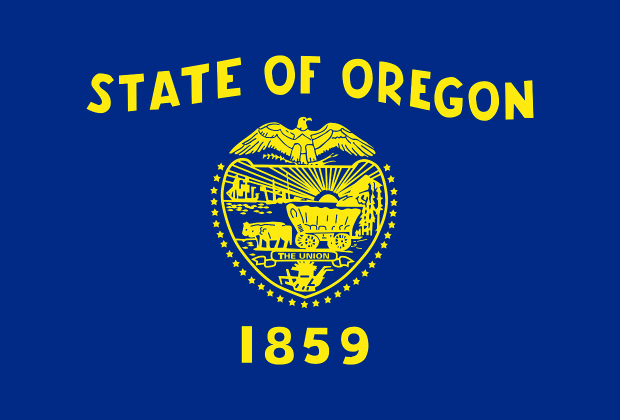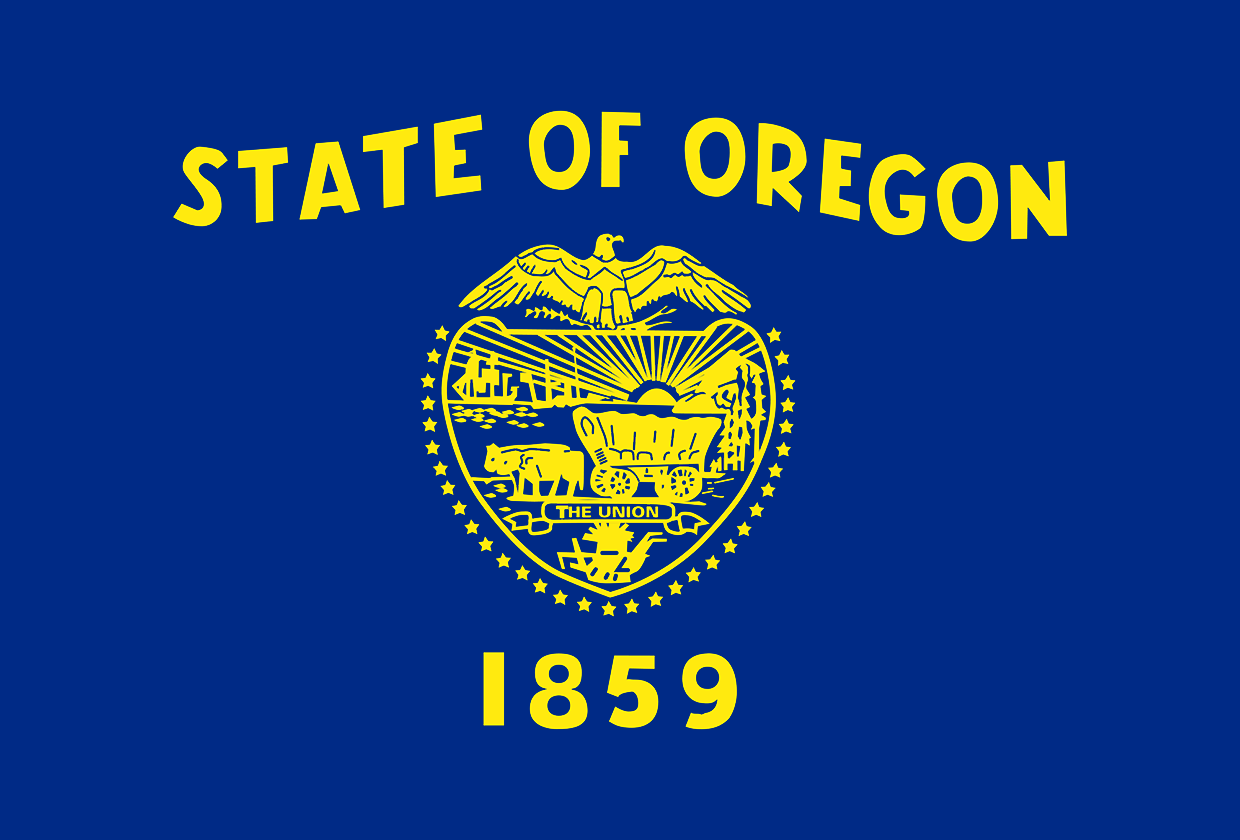Raising the tobacco tax rates in Oregon has been a priority of numerous legislators and the governor for some time now, though hesitancy to raise taxes has kept some in the legislature from ultimately supporting any increases. Now it appears the question will come down to voters in an upcoming election.
Earlier this week the Oregon Senate gave its approval to HB 2270 by an 18-8 vote with two members absent and two members excused from the vote. Given that the bill involves a tax increase, it needed to be approved by a three-fifths majority in both chambers, which is exactly what it received in the Senate. The House passed the bill by a 39-21 vote on June 20.
Of note in the bill for cigar smokers is a provision that would remove the 50-cent cap on the cigar tax and replace it with a $1 cap. In the case of a cigar with an MSRP of $9.50, the price would jump from $10.50 at the register to $11.50, by halfwheel estimates. Additionally, it would require that all cigars sold individually in the state have a minimum wholesale price of $3, unless they are sold in a package of four that has a minimum wholesale price of $12.
It is a notable change from the original version of the bill, which removed the cap completely. Had that version gone to voters, that same cigar with an MSRP of $9.50 would increase to $15.68, by halfwheel estimates, as it would be subject to the full tax rate of 65 percent of the wholesale price.
The change came by way of an amendment made by Sen. Mark Hass, D-Beaverton.
The brunt of the bill lands on cigarettes, e-cigarettes and vaping products. The bill contains a $2-per-pack increase in the tax on cigarettes, going from $1.33 to $3.33 per pack of 20, as well as defining e-cigarettes and other nicotine vaping products as tobacco products in order to impose the state’s tax rate of 65 percent on those products.
Retailers would also be hit with a floor tax of 10 cents for each cigarette in their possession or under the control of the dealer as of 12:01 a.m. on Jan. 1, 2021.
The bill must still get the signature of Gov. Kate Brown, though given it was submitted at her request for the Oregon Health Authority, that appears to be a formality. It will then be added to the ballot at the next regular general election. If passed by voters, the increase would go into effect on Jan. 1, 2021.


